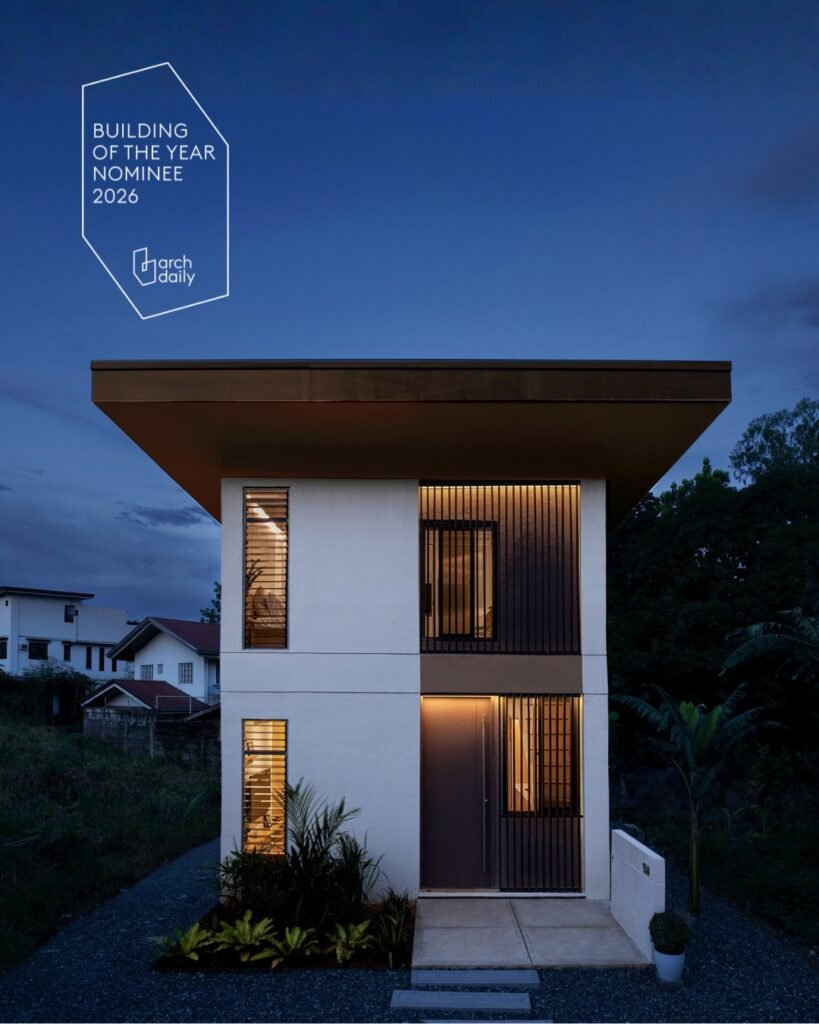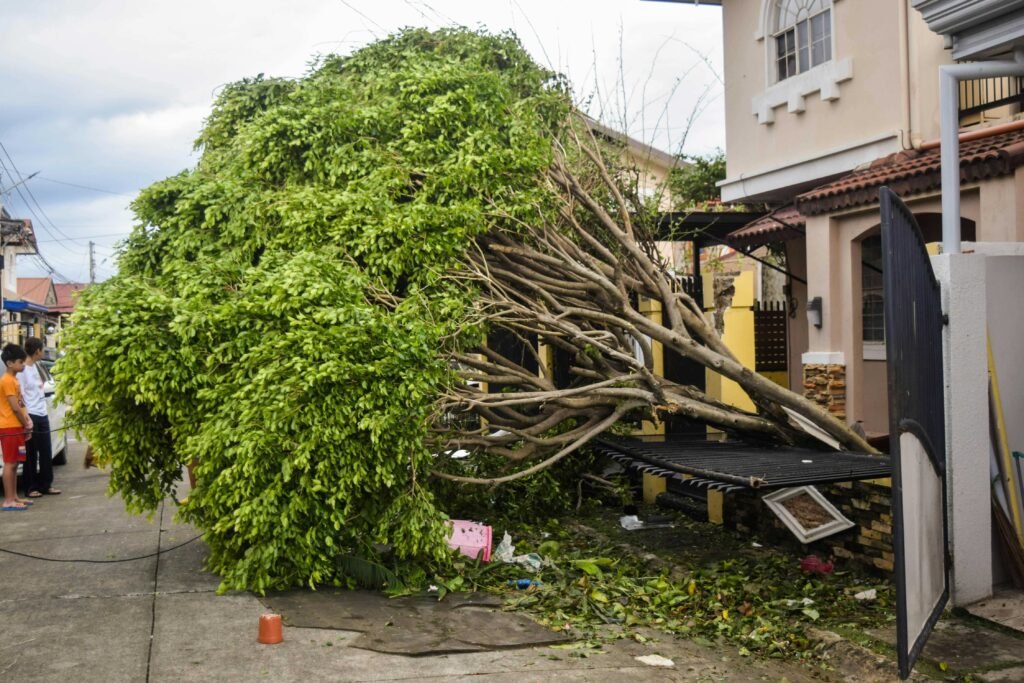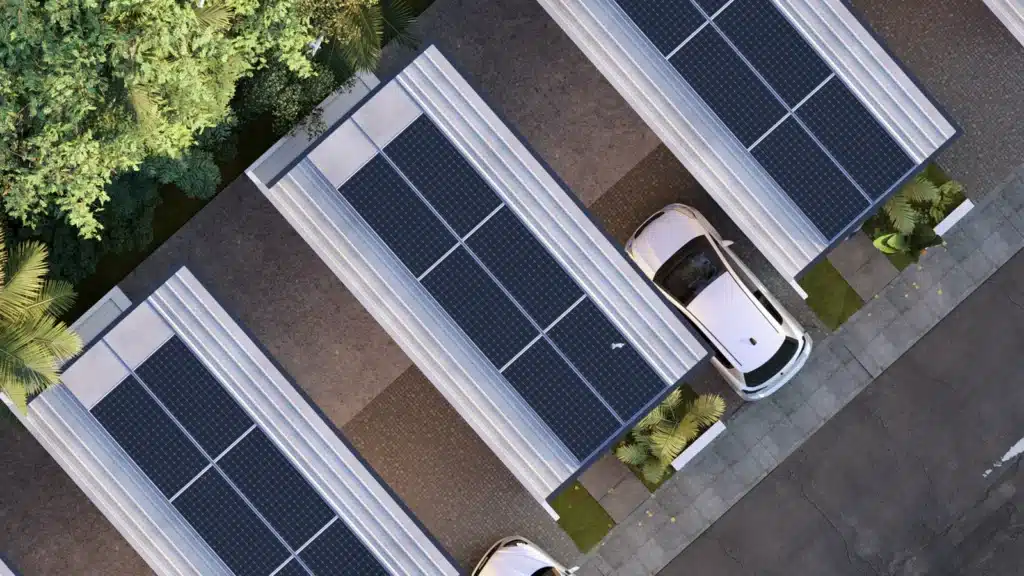Discover the importance of land assessment in building your dream net-zero home. Learn how a thorough land assessment contributes to sustainability, mitigates environmental impacts, promotes eco-friendly land use, and enhances biodiversity. Build an affordable net-zero home that benefits both you and the planet.
PHOTO: Grant Ritchie on Unsplash
If you’re considering building a net-zero home, you’re on the right track toward a sustainable future. But did you know that land assessment plays a crucial role in achieving the goal of an affordable net-zero home? This article explores why land assessment is vital for building a net-zero energy house and how it contributes to a greener, more sustainable world.
The Green Connection: Sustainability and Land Assessments
Before constructing your net-zero dream house, it’s essential to understand the importance of sustainability in land assessments. A thorough land assessment helps identify potential environmental impacts, promotes sustainable land use, and ensures that your home doesn’t negatively affect the surrounding ecosystem.
Treading Lightly: Identifying and Mitigating Environmental Impacts
Building a net-zero home is all about minimizing your carbon footprint. A comprehensive land assessment can help you identify potential environmental impacts, such as soil erosion, water pollution, or habitat destruction. By understanding these risks, you can take steps to mitigate them and ensure your net-zero energy house is genuinely eco-friendly.
Earth-Friendly Foundations: Promoting Sustainable Land Use and Development
A land assessment helps you identify potential environmental impacts and guides you toward sustainable land use and development. This includes selecting a suitable site for your net-zero house, ensuring efficient resource use, and minimizing construction waste. With a proper land assessment, you can build an affordable net-zero home that respects the environment and promotes sustainable living.
A Home for All: Assessing and Enhancing Biodiversity and Ecosystem Services
Your net-zero home should be more than just energy-efficient – it should also contribute positively to the local ecosystem. A land assessment can help you assess and enhance biodiversity and ecosystem services, ensuring that your home supports the surrounding environment rather than harming it.
Green Policies: Integrating Sustainability into Land Management Policies and Practices
Sustainability should be integrated into land management policies and practices to make a difference. A land assessment can help you identify areas where policies and procedures need improvement, ensuring that your net-zero energy house is built following the highest environmental standards.
Building a Net-Zero Home with a Conscience
Now that you understand the importance of land assessment for building a net-zero home, it’s time to take action. By investing in a thorough land assessment, you can ensure that your dream net-zero house is energy-efficient and contributes positively to the environment and the community. Together, we can build a greener, more sustainable future for all.
Are you thinking of making your home net-zero, but not sure how? BillionBricks is offering a free land assessment for new home builds to determine if your land is suitable for a net-zero home.
Get your free assessment now: https://calendly.com/d/2jv-j7t-mth/billionbricks-free-land-assessment.
References:
-
DeAngelo, et al. Energy systems in scenarios at net-zero CO2 emissions. Retrieved from https://www.nature.com/articles/s41467-021-26356-y.
-
Fankhauser, et al. The meaning of net zero and how to get it right. Retrieved from
-
Reay, Dave S. Land Use and Agriculture: Pitfalls and Precautions on the Road to Net Zero. 2020.





